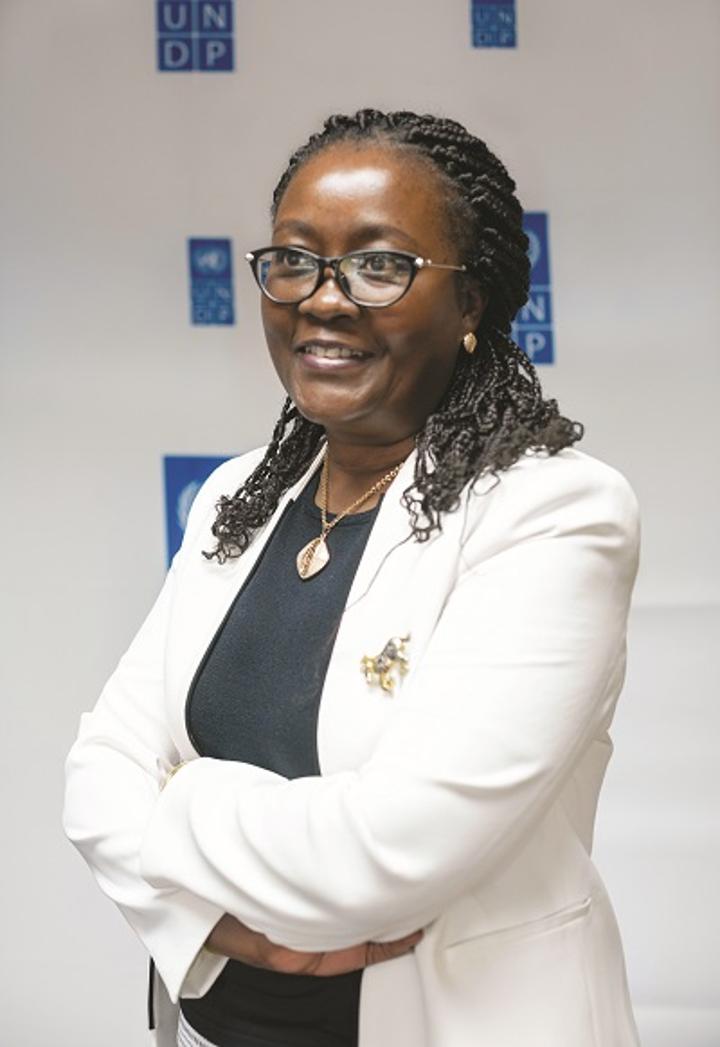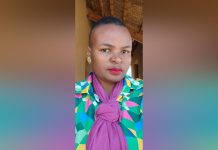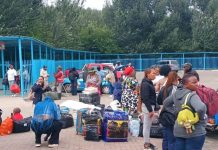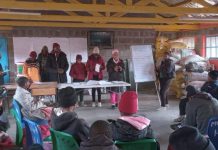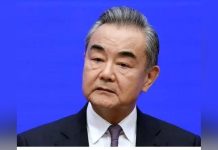Africa-Press – Lesotho. Lesotho National Federation of Organisations of the Disabled (LNFOD) and theWomen and Law in Southern Africa (WILSA) have amplified the calls for inclusive and
specific laws and policies which address the specific problems within the civic space and human rights. These transpired during the recent commemoration of International Human Right
Day. WILSA Programmes Manager Advocate Mohau Maapese bemoaned absence of laws regarding femicide. Femicide is killing of women and girls because they are
females. It is said to be a “sex-based hate crime” term. She said femicide is labelled as murder under the criminal law system. “In Lesotho we do not have a gender based law or the domestic violence act,
therefore femicide is still categorized under murder as per our criminal law system. This makes it difficult to have targeted statistics on femicide as they
are categorized as murder. The commonwealth report revealed that one in three women experience sexual or physical violence in their life time,” she said.
Advocate Mapeesa further said there is low statistics and “very blurry information as to what could be causing femicide” arguing that it proves cumbersome to device
appropriate solutions to adequately address this problem. The United Nations (UN) had called on “all States and relevant stakeholders worldwide to take urgent steps to prevent the pandemic of femicide or gender related
killings of women, and gender-based violence against women, through the establishment of national multidisciplinary prevention bodies”. The United Nations Development Programme (UNDP) Resident Representative and the UN
acting Resident Coordinator Betty Wabunoha remarked that: “The Call to Action recognises human rights as central to our most pressing issues: the urgent
achievement of sustainable development; the protection of all people regardless of their circumstances; tackling gender inequality once and for all; ensuring
robust civic space for everybody; creating a healthy environment for future generations; ensuring a safe digital world, and finally – all pitching in together to make this a reality.
” Makatleho Molotsi from LNFOD said the persons with disabilities (PWDs) experience
barriers in accessing the judicial justice system. The UN Lesotho had commissioned the assessment study earlier this year to establish the challenges faced by the PWDs during the COVID-19 pandemic lockdowns.
Titled ‘Impacts of COVID-19 on People with Disabilities in Lesotho’ the study had highlighted a range of challenges the PWDs are confronted with from employment,
food security, access to information, social protection, education to inclusive participation. According to the UN Convention on the Rights of Persons with Disability (UNCPRD), which
Lesotho acceded to, “all persons with all types of disabilities must enjoy all human rights and fundamental freedoms” defines PWD as: “…those who have
long-term physical, mental, intellectual or sensory impairment which in interaction with various barriers may hinder their full and effective participation in society on an equal basis with others.
” Meanwhile, the UN has adopted the aspirational 2030 Agenda for Sustainable Development,
wherein it has resolved to leave no one behind in its strides to realize the Sustainable Development Goals (SDGs). Molotsi pointed out that courts previously did not admit the testimony of people with
mental problems. “Unfortunately, women shoulder the double barrel of injustice,” she said. She further challenged the country to advance the rights of PWDs.
She said some of those include attitudes towards PWDs, lack of awareness on how to accommodate them including the not user friendly judicial infrastructure by
these people. The right to access to justice is enshrined in the article 13 of the United Nations Convention on the Rights of Persons with Disabilities (CRPD).
It reads: “In order to help to ensure effective access to justice for persons with disabilities, States Parties shall promote appropriate training for those
working in the field of administration of justice, including police and prison staff. ” Lesotho ratified the CRPD in 2008. She further expressed the need for an accommodating building and technology
infrastructure across the board. The International Human Rights Day is observed annually on December 10, in remembrance of the adoption of the Universal Declaration of Human Rights in
1948.
For More News And Analysis About Lesotho Follow Africa-Press

